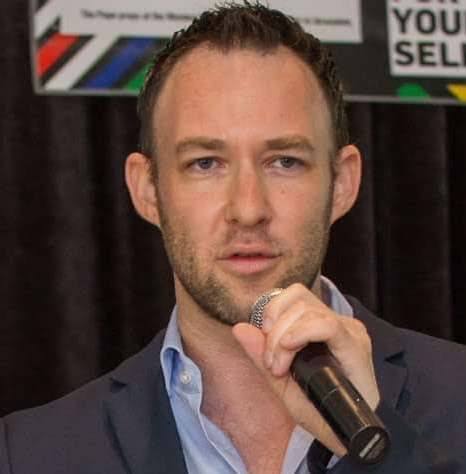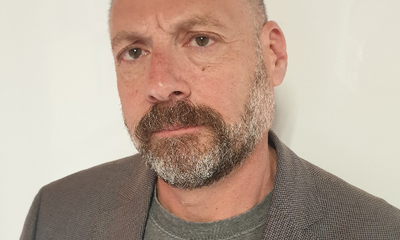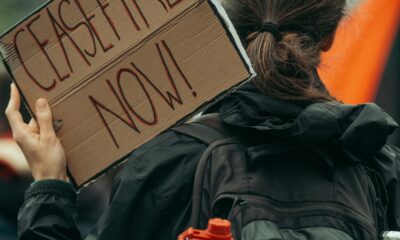
OpEds

The hidden front: Israel’s struggle in the north
Since 7 October, the dominant focus of the international community and global Jewry has been on the unfolding Gaza situation. The events of that day and Israel’s response have been at the forefront of political discussion, mainstream and social media, academia, and various other forums. Consequently, it’s not widely understood that for the past nine months, Israel has been engaged not in a single conflict but in a three-front war – against Hamas and other militant elements in the West Bank, and much more significantly, against Hezbollah along its northern border.
While mercifully not resulting in the kind of carnage experienced by the communities of southern Israel last October, the near-continuous missile attacks from Lebanon have had an extremely disruptive and destructive impact on Israeli society. Since the war began, they have displaced about 100 000 Israelis from the Mediterranean all the way to the Golan Heights, with no prospect of returning to their homes and resuming their lives any time soon. This is in addition to the mounting casualties and infrastructural damage resulting from these almost daily attacks. Post-7/10, Israel and world Jewry have been rightly preoccupied with the plight of the Gaza hostages in the clutches of Hamas terrorists and the urgent need to free them. What also needs critical attention and focus right now is the worrisome situation up north.
In stark contrast to Hamas and Hezbollah, which strategically place their own civilians directly in harm’s way both to use them as human shields and to exploit any deaths or injuries among them for propaganda purposes, Israel has sought to protect its citizens as much as possible by evacuating them from the war zone. This, however, has come at a heavy price. Jobs have been lost, businesses crippled, whole communities rendered dysfunctional, and many thousands forced to live as refugees within their own country.
Another aspect perhaps not fully appreciated is that Hezbollah poses a far graver existential threat to the Jewish state than Hamas in spite of the horrors the latter has perpetrated. According to the latest assessments, Hezbollah has an arsenal of about 150 000 rockets and long-range missiles able to strike deep within Israel. To put that in perspective, that’s more missiles than most countries possess. Many thousands of these have already been fired in the current conflict, ensuring that Israel’s northern region remains in a state of continual low-level war. Moreover, the nature of these salvos has become more deadly, including rockets with heavy warheads and, for the first time, explosive drones and surface-to-air missiles. Hezbollah is believed to have about 100 000 trained fighters. It has built an extensive network of tunnels, bunkers, and other fortified installations and has a large intelligence apparatus. While its status is that of a non-state actor, it’s considered by experts to be the most heavily armed non-state in the world. Then, there is the Iran factor. As a proxy of Iran, a regional power that openly seeks to destroy Israel, Hezbollah is being extensively funded and continually resupplied.
Clearly, this is an untenable situation for Israel, one that cannot be allowed to continue for much longer. No sovereign state can be expected to tolerate continual lethal attacks against its citizenry. To date, it has been possible, with the involvement of the international community, to prevent the situation from escalating into an all-out regional war involving a major Israeli ground incursion into Lebanon. However, the missile attacks haven’t ceased; on the contrary, they have been significantly stepped up over the past several weeks.
It’s striking, if sadly predictable, how little this has been reported in the mainstream media. With all the attention focused on Gaza, there has been minimal effort by commentators to understand the situation on the ground and the kind of dilemma in which Israel is being placed. This probably means that should Israel decide to take decisive military action by invading Lebanon and dealing with the problem at its source, we can expect a renewed wave of vitriolic media attacks accusing it of unprovoked aggression against the Lebanese people. This is a possibility that global Jewry, unfortunately, needs to anticipate and brace itself against.
That being said, all efforts continue to be made to prevent this eventuality, which would entail high costs for Israel and dire consequences for Lebanon and the Middle East as a whole. We can only hope that sensible voices will yet prevail; that those intent on provoking a doomsday confrontation with Israel will be prevailed upon to step back from the brink; and that some kind of normalcy can be restored to the people of the region on both sides of the border.
- Rowan Polovin is the national chairperson of the South African Zionist Federation.











Contact:_____((Ro bins on bu cler)) g m a il co m
July 19, 2024 at 4:47 pm
Thank you!!! Got rid of Hsv,,